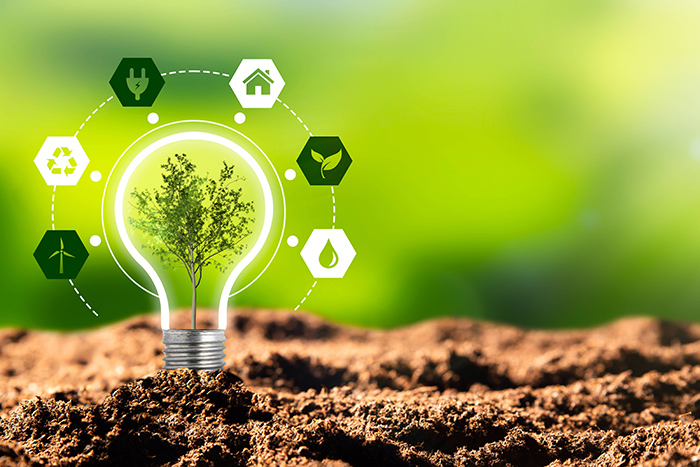Today is World Environment Day (WED)! It marks an annual reminder that we only have one planet that has taken care of us. This year’s WED theme – #OnlyOneEarth – reflects the urgency that we should and need to care for Mother Earth, too.
Sustainable living highlights individual actions to lessen our impact on the planet, but do our choices make a difference? The simple answer is yes, but there’s more to it. Individual actions are a part of the collective; they are valuable contributions to a more significant, stronger movement to reduce the human impact on the environment.
“As individuals, we might not live a perfectly sustainable life, but I know that every small step I consciously take to live a sustainable life will save Mother Earth,” RYTHM Foundation Chairperson, Datin Sri Umayal Eswaran, says.
“So, if we want Mother Earth to survive, be there and be fertile for the next generation, then we, as a generation, have to become conscious. So, every one of us has to make that conscious effort. It’s in small steps that we can make a difference.”
How can you start your sustainability journey? We have you covered with a few practices you can adopt today. These simple, practical, and environmentally-friendly steps will help you reduce your carbon emissions, preserve energy, and even turn you into a formidable recycler!
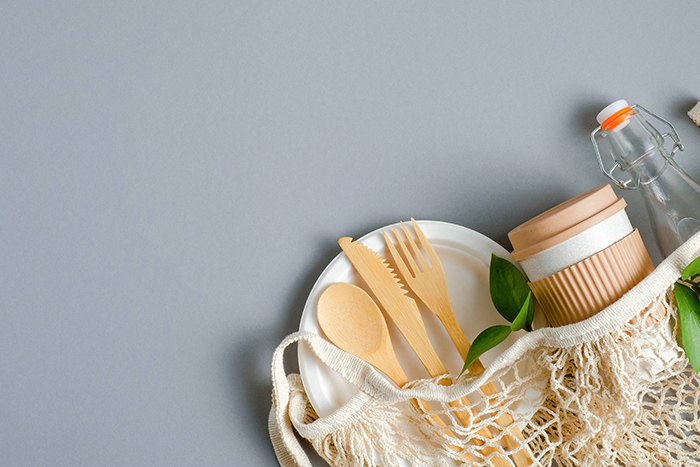
Reduce Your Plastics Consumption
Plastics are everywhere, but it is not necessarily difficult to give up or personally reduce using. Here are some things to do:
1. Use recyclable bags
Fold them in your handbag and stock them in your car. Besides reducing the impact of plastic bags on the environment, single-use plastics like shopping bags crowd landfills and endanger wildlife.
2. Have bamboo or metal straws and cutlery sets
These straws are reusable, making them one of the easiest ways to eliminate plastic waste in your household. Bamboo also doesn’t endanger marine life or pollute the environment.
3. Get silicon or bees wax storage bags
These are excellent materials for helping to store food in your green kitchen. They are reusable and most cost-effective in the long term.
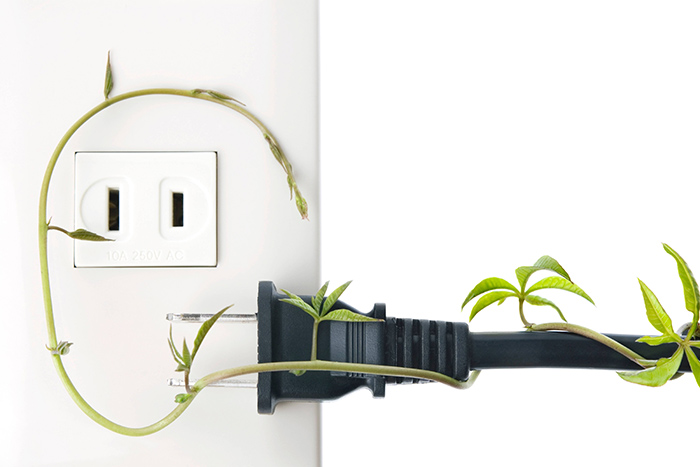
Help Conserve Energy
At its core, energy conservation means using less energy to lower costs and, more importantly, reduce environmental impact. Practising to conserve energy can mean:
4. Turn off switches when not in use
Did you know that 10-15% of the electricity consumed at home is used by appliances in standby mode, like your TV, radio, computer, and microwave? If not in use, unplug them or turn off their switches.
5. Turn off taps when not in use
Conservation of water is the need of the hour. On average, keeping the water running while simply brushing your teeth or shaving wastes about 15 to 18 litres of water. So, turning off the tap is the first thing you can do to minimise wastage.
6. Choose energy-efficient appliances
Choose appliances and gadgets that meet your needs and use the lowest amount of electricity. In addition, avoid the lure of upgrading to bigger products or those with more features you may never use or require.
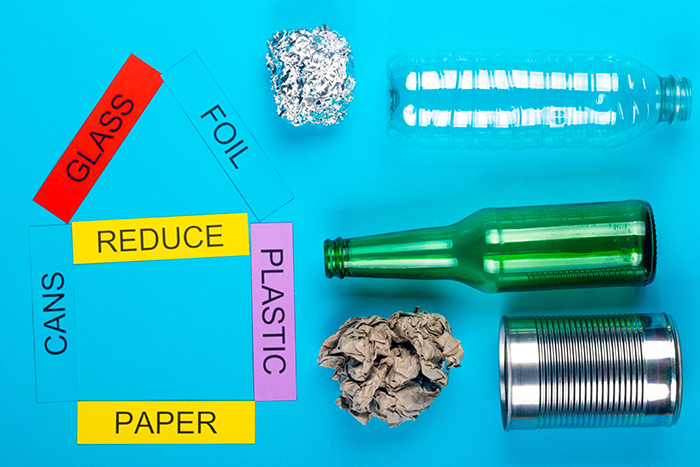
Reuse, Reduce, Recycle
Reducing, reusing, and recycling can help you, your community and the environment save money, energy, and natural resources. These three Rs are essential components of environmentally-responsible consumer behaviour.
7. Separate rubbish into wet waste and recyclables
Separating waste properly and correctly is the essential thing you could do to preserve the environment. It may look trivial, but the simple task of dividing plastic, paper and glass from other waste could significantly impact our planet.
8. Use glass containers
Glass doesn’t require a plastic or chemical liner, including BPA, that can migrate into food and beverages. In addition, the glass produced from recycled glass reduces related air pollution by 20% and water pollution by 50%.
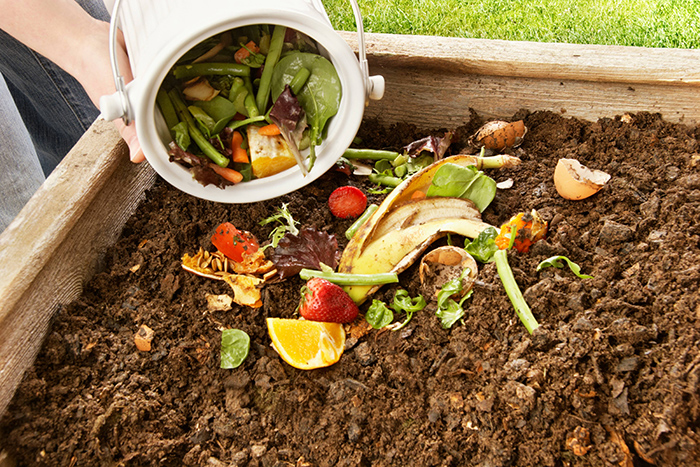
Other Ways to Go Green
9. Start composting
Defined as the decomposition of organic matter into nutrient rich soil fertiliser, composting is eco-friendly, keeps food and other items out of landfills, keeps your soil healthy, and saves money on fertiliser.
10. Grow your own garden
The environment benefits from vegetable gardens in many ways. They reduce carbon emissions from burning fossil fuels. And since you are not likely to use plastic packaging with your produce, that reduces fossil fuel inputs.
11. Have indoor plants
They enhance our indoor environment by improving air quality, increasing humidity, and removing carbon dioxide and other toxic chemicals. Research has also found that interior plants are suitable in various subtle ways: they provide a pleasant and tranquil environment to move, work or relax.
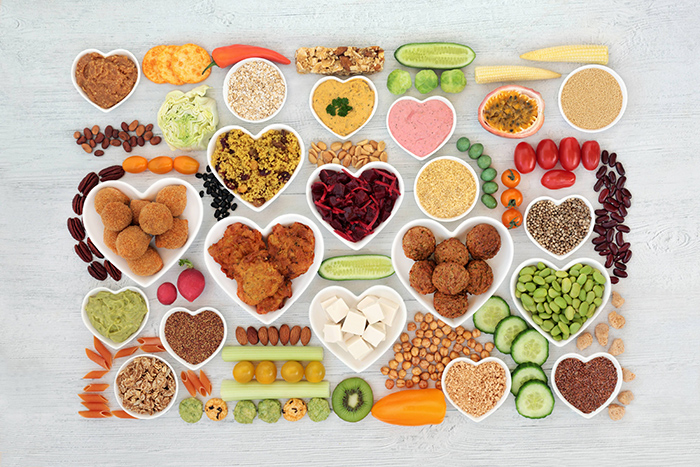
12. Donate clothes for recycling
When clothes end up in rubbish dumps, they create greenhouse gases. So recycling them goes a long way in helping diminish the forces contributing to climate change. In the same spirit, reusing old clothes also means less environmental resources are wasted in producing materials for new ones. Time to visit that neighbourhood bundle/thrift shop!
13. Ditch single-use foil, paper and towels
Sure, they are convenient, but they create much waste. Use a silicone baking sheet in place of tinfoil or parchment. Drop paper towels and single-use wipes for microfibre cloths that you can wash and reuse for cleaning.
14. Explore a plant-based diet
It is not just good for our health but also for Earth’s health. Research shows that meat and dairy products contribute to the climate crisis. Shifting away from a meat-based diet also significantly reduces waste byproducts that seep into our oceans.
Need a little encouragement to get started? Watch Datin Sri Umayal and QI Group Founder and Executive Chairman Dato’ Sri Vijay Eswaran inspiring us to do a little better every day in the video below:

